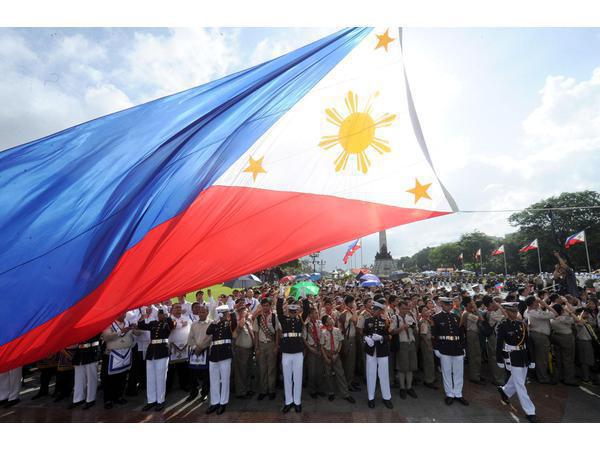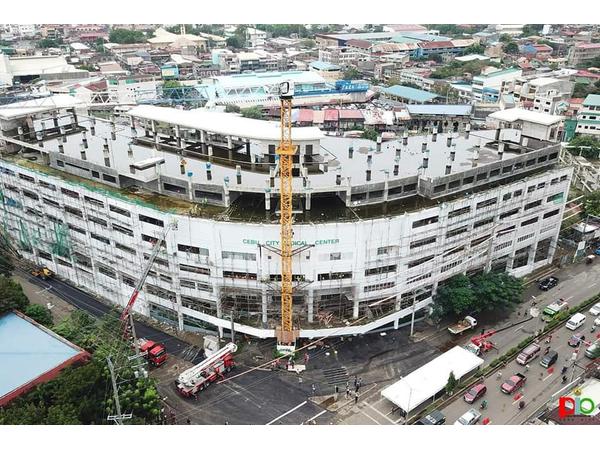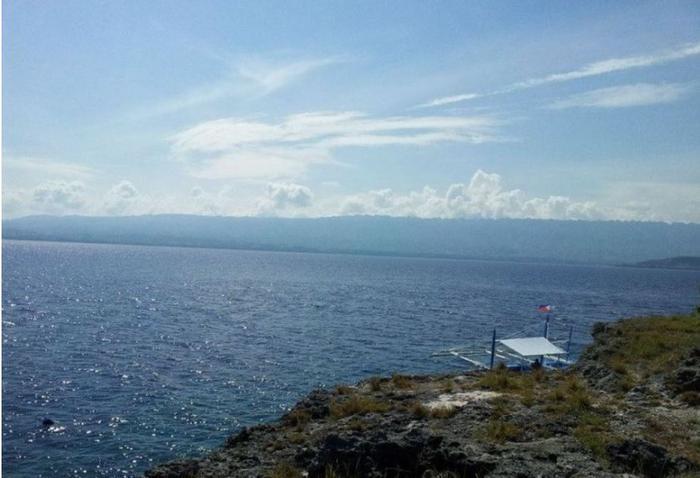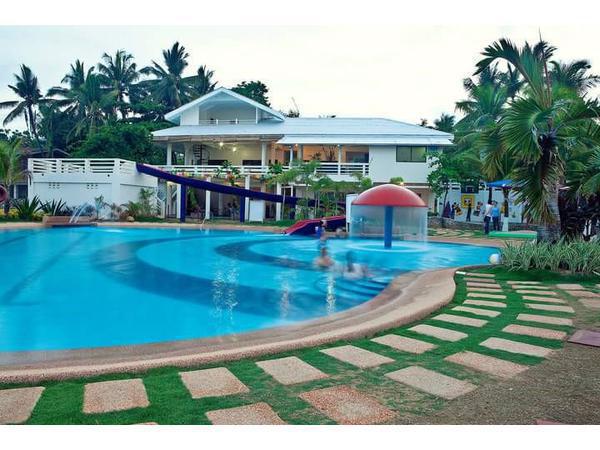Happy Independence Day, Pilipinas!

Today marks the Philippines’ independence from Spanish colonial rule in 1898.
Filipinos do fanfare and celebrations well, so our Day of Independence, a.k.a “Araw ng Kalayaan” is no exception.
Merriment, Pinoy-Style

Days prior to June 12, you will see houses displaying the Philippine flag, as well as cars with tiny Philippine flags on them. Why? Because June 12 is also observed as a Flag Day.
All government offices are closed on this day. So wait till the next day if you have important transactions. Filipinos all over the world celebrate with parades, programmes and little get-togethers. What else would you expect from Pinoys anyway?
Expect malls to do live shows, establishment to offer promotions, and tune in to local channels for live coverage of the Independence Day parade.
What exactly are we celebrating
The Philippine Declaration of Independence, which was proclaimed on June 12, 1898 in Kawit, Cavite, was the official announcement of the victory of Filipino revolutionary forces under General Emilio Aguinaldo. On that day, General Aguinaldo proclaimed the sovereignty of the Philippines and its liberation from the colonial rule of Spain.
From 1521 to 1898, the Philippines was under Spanish rule. Under the Spanish conquerors, they modelled the Philippine society according to their tried and tested (and probably only) formula:
- Reduction, and relocation of the natives into settlements
- The use of the encomienda system, which was basically similar to the feudal system in medieval Europe, with the conquistadores, friars and rich natives being granted large estates in exchange for loyalty and service to the King of Spain. These people also had the right to collect tribute from the inhabitants. The encomendero provided military protection to the inhabitants – like soldiers, perhaps.
Sounds familiar. This exact scenario exists today, doesn’t it?
Obviously, the Spanish system was a perfect platform for abuse, so the encomienda system was replaced in 1700 by administrative provinces headed by mayors.
But why did Filipinos rebel against Spain? In a nutshell, here’s why:
- Abuses of Spanish administration (and the encomenderos)
- Heavy taxes
- Forced labor
- Friars could just grab the natives’ land if they want to
- Forced religion
Again, what are we celebrating? Our liberation of course. Isn’t that enough reason to celebrate?










